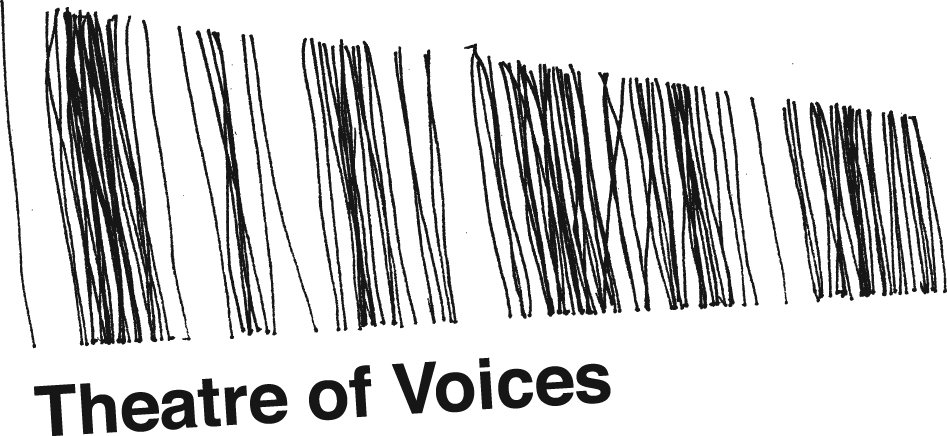Two works by composer David Lang showcased at Stanford
26.01.12, MercuryNews.com
Concert: Stanford Lively Arts, Stanford University. Wednesday, Jan 25, 2012 at 8.00pm
Over the past quarter-century or so, composer David Lang has left his mark as both musical troublemaker and man of tradition. He's the co-founder of the Bang on a Can movement that's pretty much defined downtown contemporary music in New York since the late '80s. On the other hand, he loves Bach and Schubert to death.
Both sides of the man were on display Wednesday at Stanford University's Dinkelspiel Auditorium, where Lang -- who attended Stanford as an undergraduate, class of '78 -- had a homecoming. It was a thoughtful event with much cool cachet, this Stanford Lively Arts program showcasing two pieces hatched from the same Langian egg.
First, there was "The Little Match Girl Passion": Inspired by Bach, it won the Pulitzer Prize for music in 2008 and was performed here with exquisite polish -- textures like teardrops -- by Paul Hillier's Theatre of Voices. Then there was "Death Speaks," inspired by Schubert, co-commissioned by Stanford Lively Arts and given its world premiere by an all-star quartet of indie-rock composer-instrumentalists, including Bryce Dessner of the National and Shara Worden of My Brightest Diamond. They excited the crowd -- but needed a lot more rehearsal.
In preconcert remarks for the program (which repeats with the same performers at Carnegie Hall), Lang framed things up, conceptually -- while noting, sentimentally, that "some of my first public performances happened when I was 17 on this very stage." He spoke of his lifelong love of the Western classical tradition, so rooted in the church, and how as a Jewish "outsider" he wished to set to music the story of the suffering and death of an "ordinary person" -- the "little match girl" of Hans Christian Andersen fame, who freezes to death in the street in plain view of the callous crowds. The parallel to Christ's "Passion," as set by Bach, is clear.
Hillier conducted his a cappella Theatre of Voices, which won a 2010 Grammy for its recording of this piece. Wednesday's performance by soprano Else Torp, mezzo-soprano Miriam Andersén, tenor Chris Watson and bass Jakob Bloch Jespersen was marvelous: four pure voices floating Lang's medieval-ish effects, which can sound like chant or soft tintinnabulations, sacred mutterings or a preacher's headlong declamatory rush. Or all of it at once.
With plenty of rhythmic freedom and a contemporary harmonic sense, Lang sets Andersen's text along with text adapted from some of the crowd scenes in Bach's "Saint Matthew Passion." His textures are spare yet sensuous, like a breeze through soft veils. Tinged with percussion -- bass drum, glockenspiel, bells -- his word painting is exceptionally clear: overlapping voices ascend like the little match girl's soul. The concluding "rest soft" sank into this listener's bones.
This mostly pristine performance owed much to sound designer Jonas Jensen. Balanced sound, however, was wanting in the concert's second half, when the all-star indie group -- piano (Nico Muhly), amplified violin (Owen Pallett), voice (Worden) and electric guitar (Dessner) -- struggled with "Death Speaks."
The band is flooded with talent: Muhly collaborates with Björk and recently composed for the English National Opera. Yet the group never captured the slow time-stretching flow of Lang's piece, its simultaneous sense of chilly futurism and an ancient processional. And so, on Wednesday, much of the work's interest came from its concept alone: Lang has created a companion piece for the "Match Girl" by sampling bits of text from 32 Schubert songs in which the figure of Death is personified. He has then regrouped the text into five indie-art songs, again with spare textures and touches of percussion.
Worden's voice, showcased by Lang with his long-noted lines, was lovely, in its way.
Yet the guitar often was inaudible. And the music, generally, felt like a dirge made for the Bowery on a bitter cold day with no leaves on the trees; a little too much like death.
Richard Scheinin
